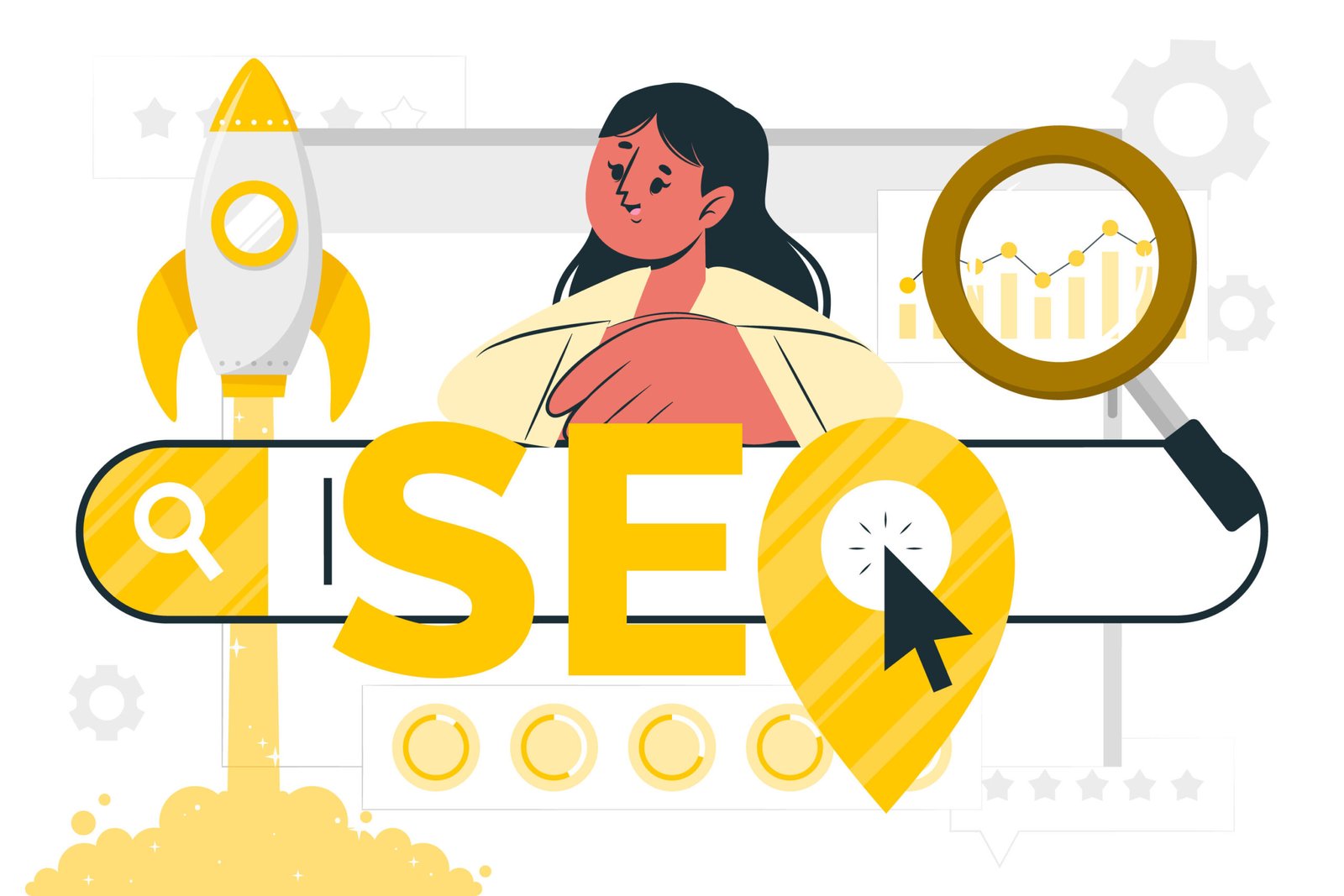
Introduction
SEO is evolving rapidly, and 2025 is no exception. With Google’s constant algorithm updates and the increasing influence of AI-generated content, digital marketers and website owners face new challenges. The rise of AI-driven search, zero-click results, and stricter content quality guidelines are forcing businesses to rethink their SEO strategies. In this article, we explore the biggest SEO challenges in 2025 and how to adapt effectively.
1. Google’s Algorithm Updates: Unpredictable Yet Impactful
Frequent Core Updates
Google continues to release core algorithm updates that significantly impact search rankings. In 2025, these updates are even more unpredictable, with a stronger focus on user experience, E-E-A-T (Experience, Expertise, Authoritativeness, and Trustworthiness), and AI-powered ranking signals.
How to Adapt:
- Monitor SEO Trends & Updates – Stay updated with Google’s latest changes by following platforms like Google Search Central, SEO news sites, and industry experts.
- Prioritize High-Quality Content – Ensure content provides real value, is well-researched, and aligns with search intent.
- Improve UX & Page Experience – Optimize for Core Web Vitals, mobile-first indexing, and site speed.
2. AI-Generated Content: Quality vs. Quantity Dilemma
The Rise of AI-Generated Content
AI tools like ChatGPT, Bard, and Jasper have made content creation faster and more scalable. However, Google is cracking down on low-quality, AI-generated spam, making it crucial to balance automation with authenticity.
How to Adapt:
- Enhance AI Content with Human Touch – Use AI for ideation but ensure human editing, fact-checking, and uniqueness.
- Avoid AI Spam Tactics – Publishing mass-produced AI content without value can lead to deindexing.
- Focus on Expertise – Google favors content from real experts over generic AI-generated text.
3. The Challenge of Zero-Click Searches
More SERP Features, Less Organic Traffic
Google’s Search Generative Experience (SGE) and AI-driven answers mean more zero-click searches, where users get answers directly on the search page. This reduces organic traffic to websites.
How to Adapt:
- Target Featured Snippets – Use structured data and concise answers to appear in AI-generated responses.
- Leverage Alternative Platforms – Focus on YouTube, social media, and voice search optimization to drive engagement.
- Create In-Depth Content – AI may provide quick answers, but detailed guides and unique insights still attract visitors.
4. Increased Competition for Authority & E-E-A-T Signals
Google’s Stronger Emphasis on Credibility
The emphasis on E-E-A-T means ranking well requires more than just keyword optimization. Websites need strong author profiles, authoritative backlinks, and trust signals to stand out.
How to Adapt:
- Build Authoritative Backlinks – Earn links from reputable sources to boost credibility.
- Showcase Author Expertise – Highlight author bios, credentials, and industry experience.
- Encourage Real User Reviews & Testimonials – Trust signals from users help establish authenticity.
5. The Impact of AI-Powered Search Assistants
Users Relying More on AI Over Traditional Search
With the rise of AI-powered assistants like Google Bard, ChatGPT, and Bing AI, more users are getting answers without clicking on websites.
How to Adapt:
- Optimize for Conversational Queries – Focus on natural language and long-tail keywords.
- Enhance Brand Presence Beyond Google – Expand to Quora, Reddit, and AI-powered search integrations.
- Create Engaging Multimedia Content – AI struggles with unique images, videos, and interactive content, making these valuable SEO assets.
Conclusion
SEO in 2025 presents unique challenges, from Google’s algorithm shifts to the AI-generated content dilemma. Adapting to these changes requires a focus on quality content, user experience, and strategic optimization. By staying ahead of updates, integrating AI wisely, and prioritizing E-E-A-T principles, businesses can maintain a strong online presence despite the evolving search landscape.
Are you ready for the future of SEO? Start optimizing today!






